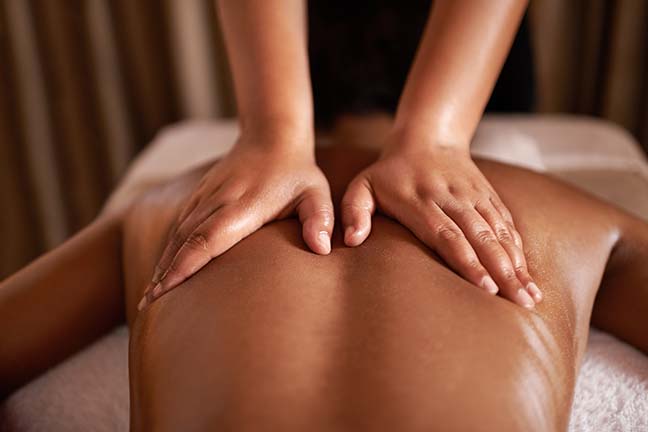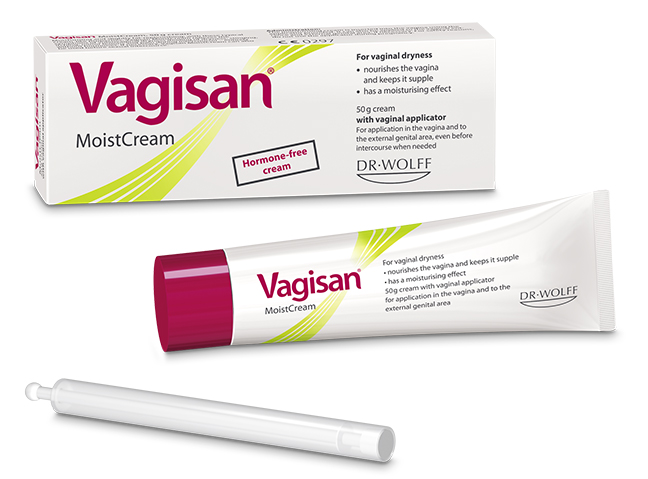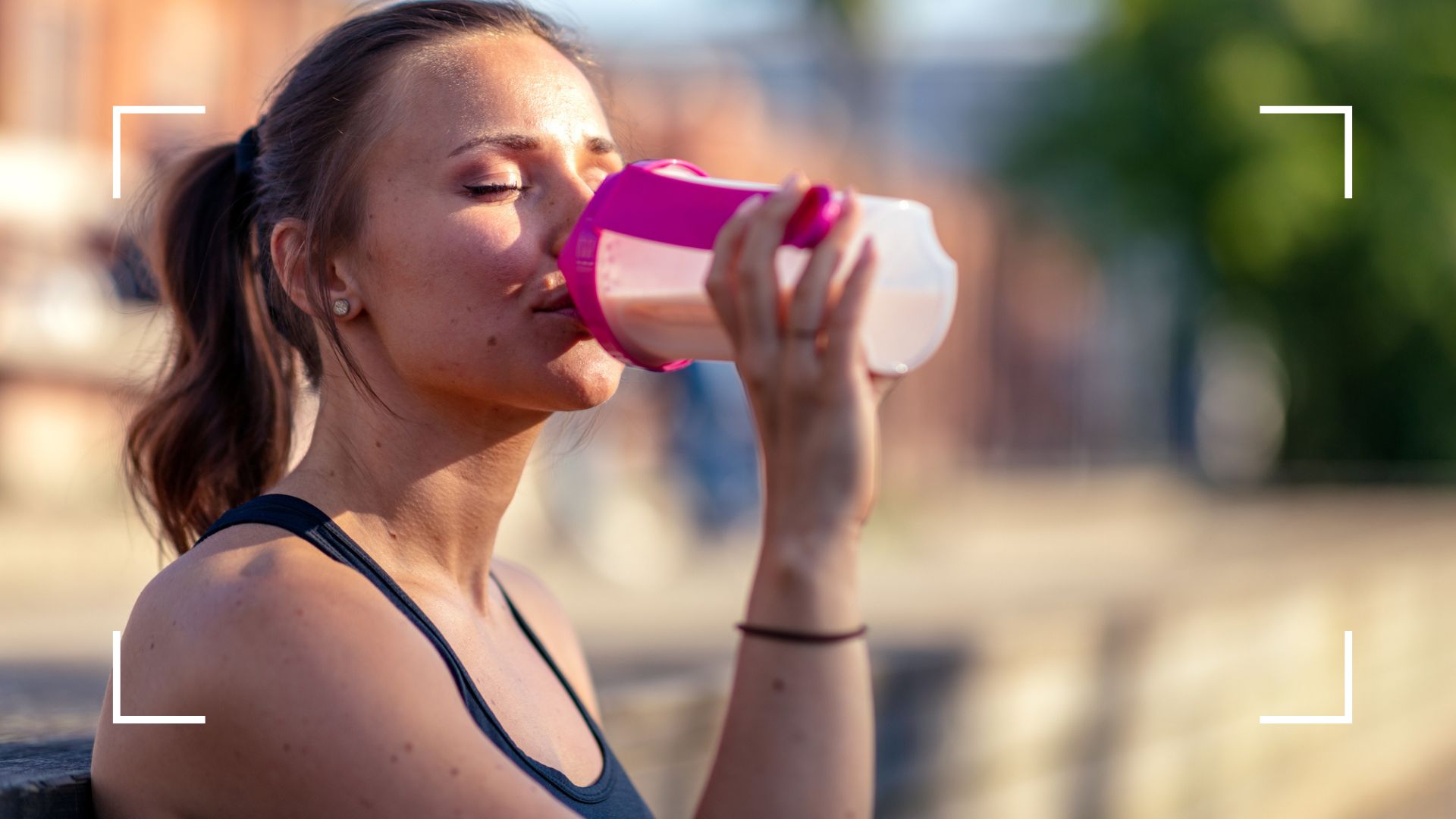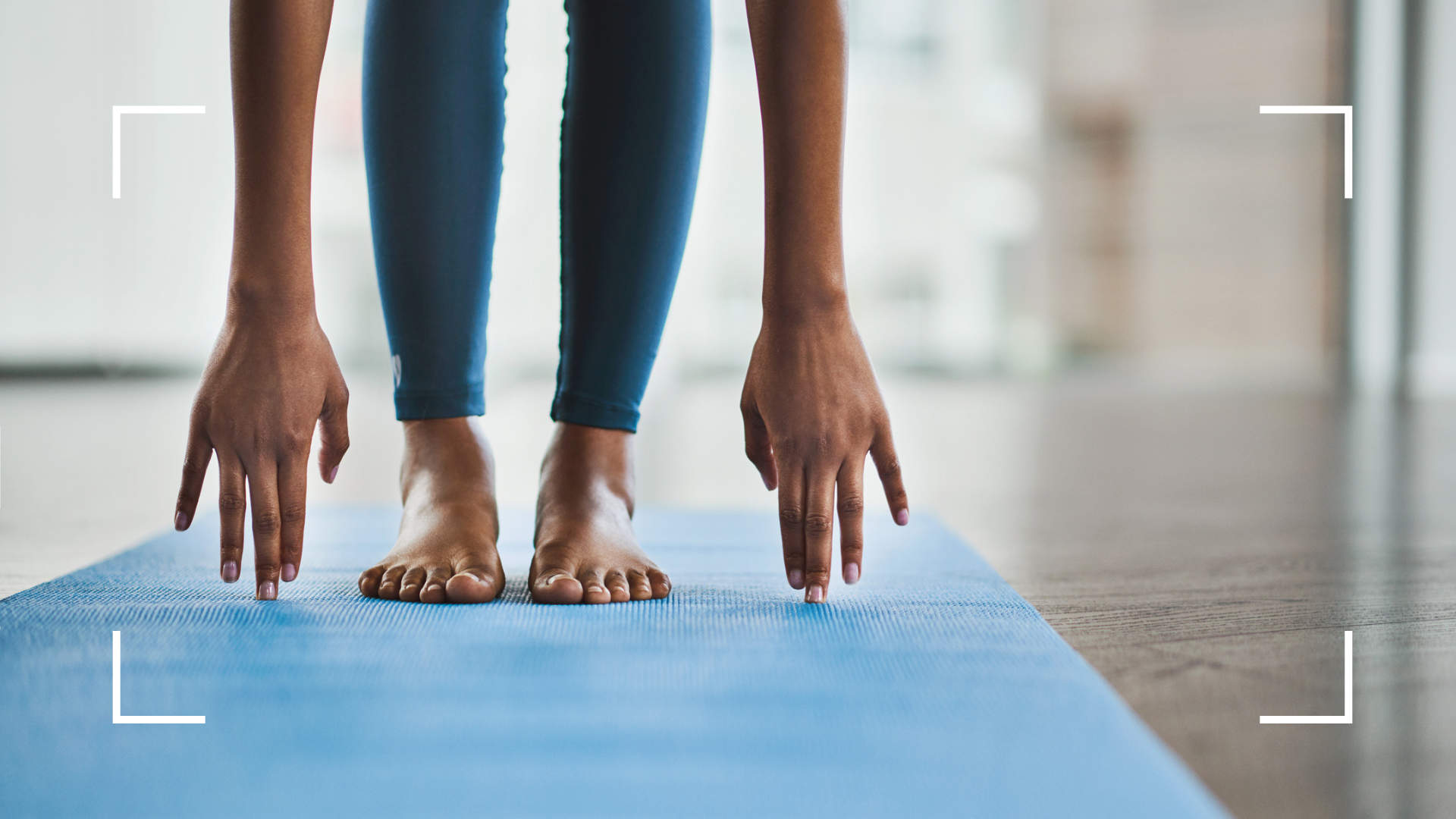3 Embarrassing Things Nobody Tells You Happens During The Menopause

In Partnership with

While a few women will sail through the menopause, most of us experience symptoms that can be quite severe and have a significant impact on everyday life. Hot flushes and night sweats are high profile, but other common problems include reduced libido, vaginal dryness and discomfort during sex, low mood or anxiety as well as problems with concentration. Here are the three most embarrassing things nobody tells you happens during the menopause...
I'm so wildly moody!
Mood swings are often the first inkling that menopause is on its way. Hormone fluctuations can cause increased irritability or a blue feeling. What's important is to acknowledge that you're bound to get moody because of the menopause and don't feel guilty about it.
Try this: If you're feeling really low, a talking therapy such as Cognitive Behavioural Therapy can help; HRT can help smooth out fluctuating hormone levels; and don't rule out antidepressants... they can reduce anxiety and mood swings, they're not addictive, and they can make life for a moody, menopausal woman much more bearable.
Aromatherapy is the queen of all therapies to help you relax. Treating yourself to an aromatherapy massage or spoiling yourself at home can take the edge off symptoms. Try cooling rose geranium, mandarin and palmarosa essential oils.

Sex can be a real pain!
After the menopause there is no need to worry about becoming pregnant, and for many women, this brings a feeling of liberation and much greater enjoyment of sex - many women do have wonderful sex lives after their periods finish! However, there are two problems that can rear their heads in the years after and affect sex life following the change - vaginal dryness and lack of libido. Both of these are due to very low levels of hormones.
Speaking of vaginal dryness, estrogen has a moisture-retaining effect on the skin, and this means that after the menopause the skin does become noticeably drier and thinner - not only in the more obvious places, like your face, but also in the not-so-obvious, especially the genital area. It's a condition known medically as atrophic vaginitis. Not only this, but estrogen also plays an important part in maintaining the glands that produce lubricating fluid when you are sexually aroused. This means that women notice that sex is dry and uncomfortable, no matter how much foreplay you have. And being honest, even foreplay can be difficult too. Because again the tissues feel dry, there may be a sensation of harsh rubbing rather than stroking.
Sign up for the woman&home newsletter
Sign up to our free daily email for the latest royal and entertainment news, interesting opinion, expert advice on styling and beauty trends, and no-nonsense guides to the health and wellness questions you want answered.
Try this: a cream with high water content, such as Vagisan MoistCream, that helps to boost moisture levels in the skin of the intimate area. This can make the genital area feel more comfortable because the lipids in it help keep the skin supple. The glands that produce lubrication when you're aroused don't work as well post-menopause, but by using a hormone-free treatment like Vagisan MoistCream on a regular basis you'll not have to use a lubricant every time you want to have sex.

Find Vagisan MoistCream at Boots and other pharmacies, RRP £14.99 for 50g, available without prescription.
I can't concentrate for more than 20 seconds!
This is really common and most likely caused by not getting enough sleep. So simple, but when you're regularly woken up by flushes and night sweats - essentially the same thing! - many women end up having problems concentrating. Get the sleep right and you'll find your focus again...
Try this: Avoid triggers such as spicy food, caffeine, alcohol and smoking. If you shower or bath before bed, make it lukewarm. Keep your bedroom cool at night and wear silk or cotton nightwear.
Research from Leeds University showed that using a wool duvet could get you through the night as it naturally pulls heat away from the body and regulates temperature more than down, feather or polyester. Take a supplement of agnus castus which allows the body to manufacture its own progesterone and achieve hormonal balance. Be patient, it can take a while to kick in. More exercise - though not within two hours of sleeping - can also help.
-
 Dr Amir Khan reveals the 5 symptoms you should 'never' ignore, no matter how 'vague' they are
Dr Amir Khan reveals the 5 symptoms you should 'never' ignore, no matter how 'vague' they areDr Amir Khan, a GP who often appears on ITV's Lorraine, took to Instagram this week to share the symptoms he'll always take a second look at
By Grace Walsh
-
 Head to Hobbs for holiday-ready linen and the most elegant summer dresses you’ll find on the high street
Head to Hobbs for holiday-ready linen and the most elegant summer dresses you’ll find on the high streetWondering where to shop for a chic summer wardrobe? Hobbs has you covered
By Caroline Parr
-
 5 sexperts share their secrets to better sex for mature women
5 sexperts share their secrets to better sex for mature womenThese women know how to put the va-va-voom back into the bedroom… possibly even the kitchen! Here's what we've learned from them
By Kim Willis
-
 Can menopause cause a loss of taste and smell? Plus, 6 other signs of menopause you might not expect
Can menopause cause a loss of taste and smell? Plus, 6 other signs of menopause you might not expectCan menopause cause a loss of taste and smell? It's more than just colds and flu that can change our tastebuds
By Emily Smith
-
 The health benefits of protein powder for women, according to a nutritionist
The health benefits of protein powder for women, according to a nutritionistWe've got the scoop on the benefits of protein powder when it comes to your health
By Lucy Gornall
-
 Wondering if you're postmenopausal? These are 9 ways your body changes post-menopause
Wondering if you're postmenopausal? These are 9 ways your body changes post-menopauseThese are the body changes you can expect if you're postmenopausal
By Lauren Clark
-
 Can you get pregnant during perimenopause? Here’s how your fertility changes from your 40s
Can you get pregnant during perimenopause? Here’s how your fertility changes from your 40sIf you’re wondering can you get pregnant during perimenopause, we’ve got the expert verdict
By Lauren Clark
-
 What are the main menopause symptoms? Find out the signs and when to see your doctor
What are the main menopause symptoms? Find out the signs and when to see your doctorA team of experts outline common menopause symptoms and how to deal with them
By Stacey Carter
-
 Here's how to tell whether you're experiencing menopausal weight gain—and what to do about it
Here's how to tell whether you're experiencing menopausal weight gain—and what to do about itIf menopausal weight gain is knocking your confidence, this is everything you need to know...
By Lauren Clark
-
 How to calm down hot flushes if you are going through the menopause
How to calm down hot flushes if you are going through the menopauseHot flushes are thought to be caused by hormonal fluctuations—these are the best ways to ease them...
By Lauren Hughes